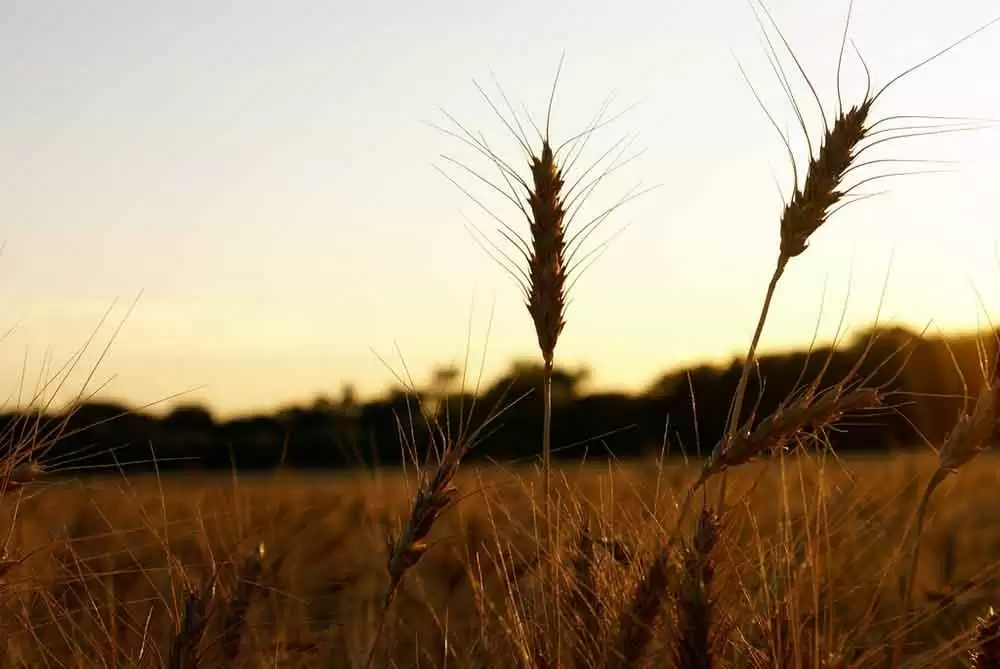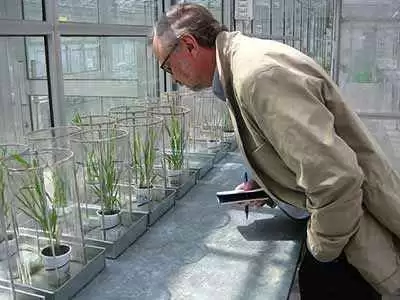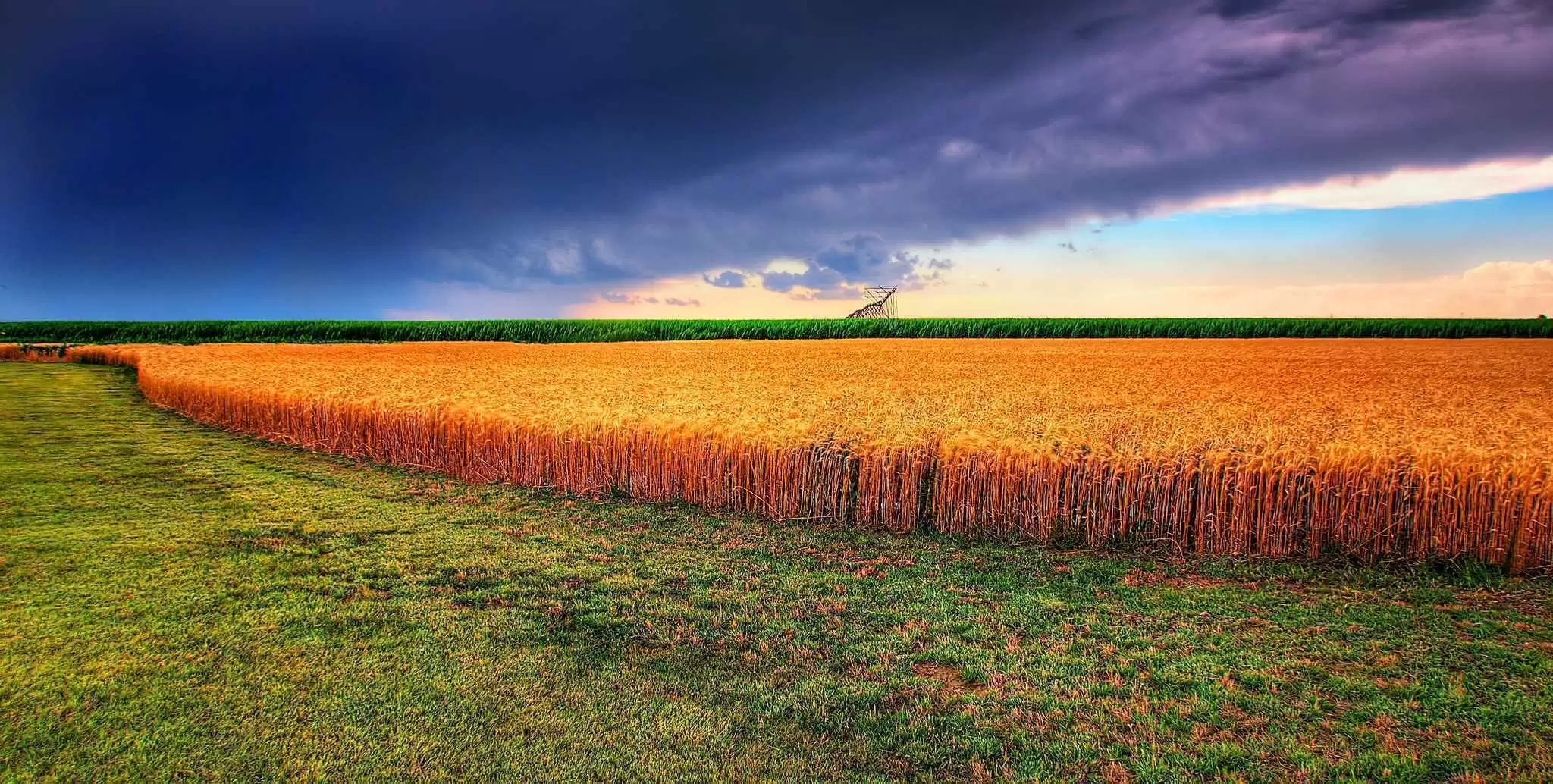
Celiac.com 12/04/2018 - In a major development in wheat genetics, the International Wheat Genome Sequencing Consortium (IWGSC) recently presented the first high-quality fully annotated reference genome sequence of the bread wheat variety Chinese Spring.
The IWGSC Reference Sequence (RefSeqv1.0), catalogues the location and structure of more than 107,000 genes, and 4 million markers, across all 21 chromosomes of the wheat variety - some associated with important agricultural features. According to the authors, the sequence can be used for both genetic research projects and CRISPR- based genome modification.
Celiac.com Sponsor (A12):
The results of a later study appear in Science. In that study, researchers used the new reference genome to perform a genome-wide analysis of the expression of homoelogs, genetic copies that are similar, but have different origins. Mapping these genetic features will improve scientists’ understanding of the basic structures of polyploid wheat.
By combining gene expression datasets with the IWGSC RefSeqv1 wheat genome sequence, the researchers demonstrated the balance of gene expression among homeologs across the various tissues, developmental stages and cultivars of wheat. The team identified tissue-specific biases in gene expression and co-expression networks during development and exposure to stress, and their work offers a way to target key genes responsible for valuable agricultural traits in wheat.
In a third study that also made use of the new IWGSC reference sequence, researchers closely examined the proteins contributing to various wheat-immune diseases and allergies, such as celiac disease, baker's asthma and wheat-dependent exercise-induced anaphylaxis (WDEIA). Certain proteins in wheat can trigger serious allergic reactions in sensitive individuals.
Celiac disease, for example, is triggered by prolamin proteins gliadin and glutenin in wheat. Moreover, respiratory or skin exposure to other types of proteins have also been implicated in adverse immune responses. However, because of the complexity of the wheat genome, and the paucity of comprehensive genome information, a detailed description of these proteins has remained out of reach until now.
A research team led by Angela Juhász used the IWGSC RefSeqv1.0 wheat genome to search for the genes that encode known allergy-inducing wheat proteins and mapped each across the entire sequence. The team’s analysis revealed previously unknown genes potentially related to immune-responsive proteins. Their results show that the genes associated with celiac and WDEIA are found in wheat’s starchy endosperm, the main ingredient in baking flour. Also, several lipid transfer proteins and alpha-amylase trypsin inhibitor gene families play a role in baker's asthma.
Interestingly, the study showed that temperature stress during flowering can boost wheat’s natural levels of prominent celiac and WDEIA proteins.
The researchers' detailed analysis offers important insights into the role of environment and growing conditions on the levels of proteins problematic for human consumers, they say. Their work will also inform production of low allergy wheat varieties, among others useful to the food industry.
The many discoveries and breakthroughs in genetic analysis and engineering promise a very bright future when it comes to understanding and treating celiac disease, and numerous other anti-inflammatory diseases.
Stay tuned as more developments unfold.
Read more at Eurekalert.org










Recommended Comments
Create an account or sign in to comment
You need to be a member in order to leave a comment
Create an account
Sign up for a new account in our community. It's easy!
Register a new accountSign in
Already have an account? Sign in here.
Sign In Now